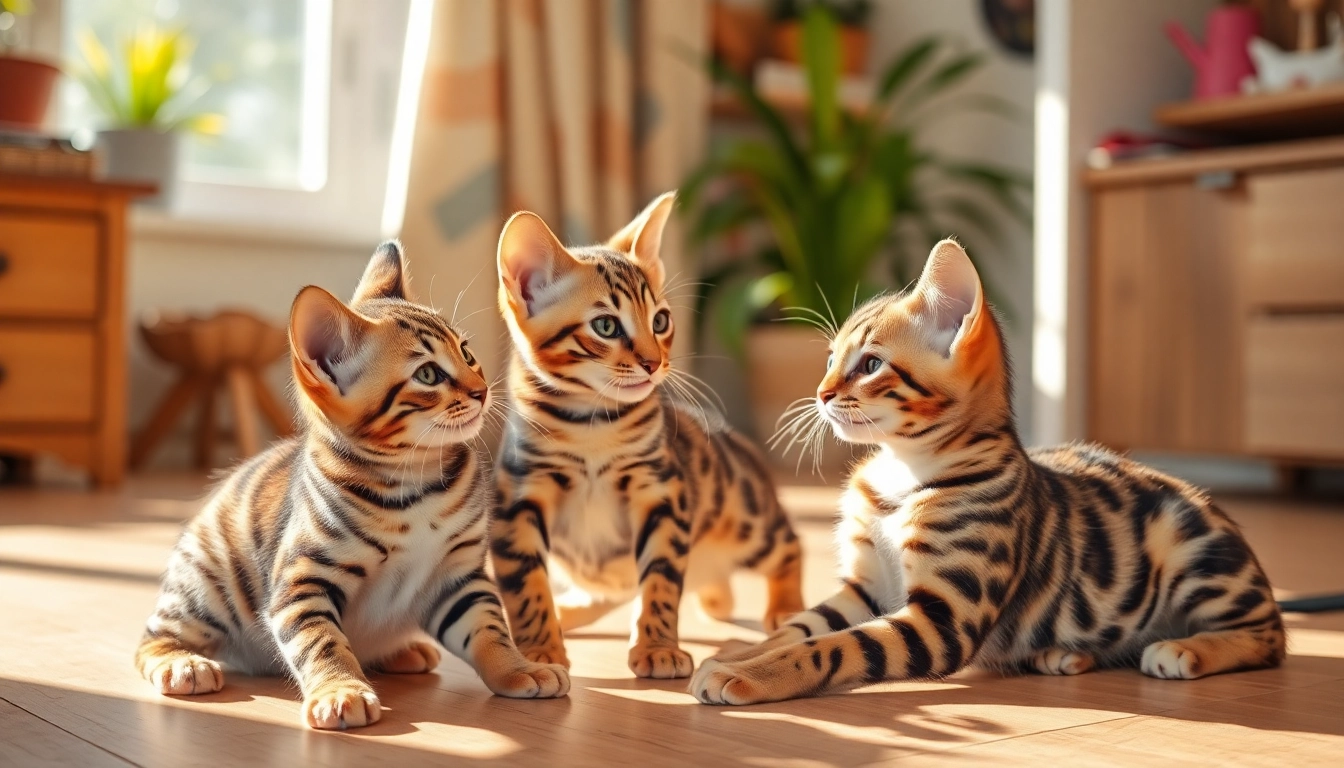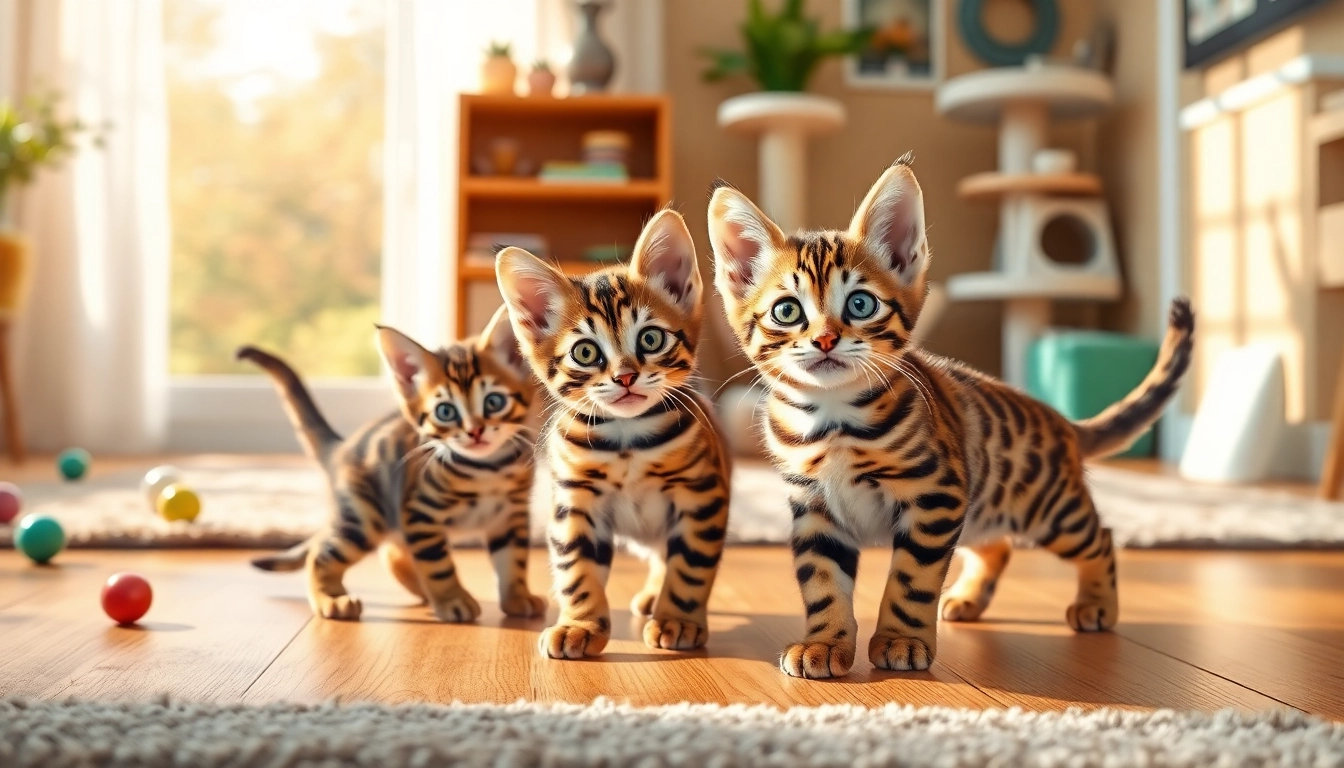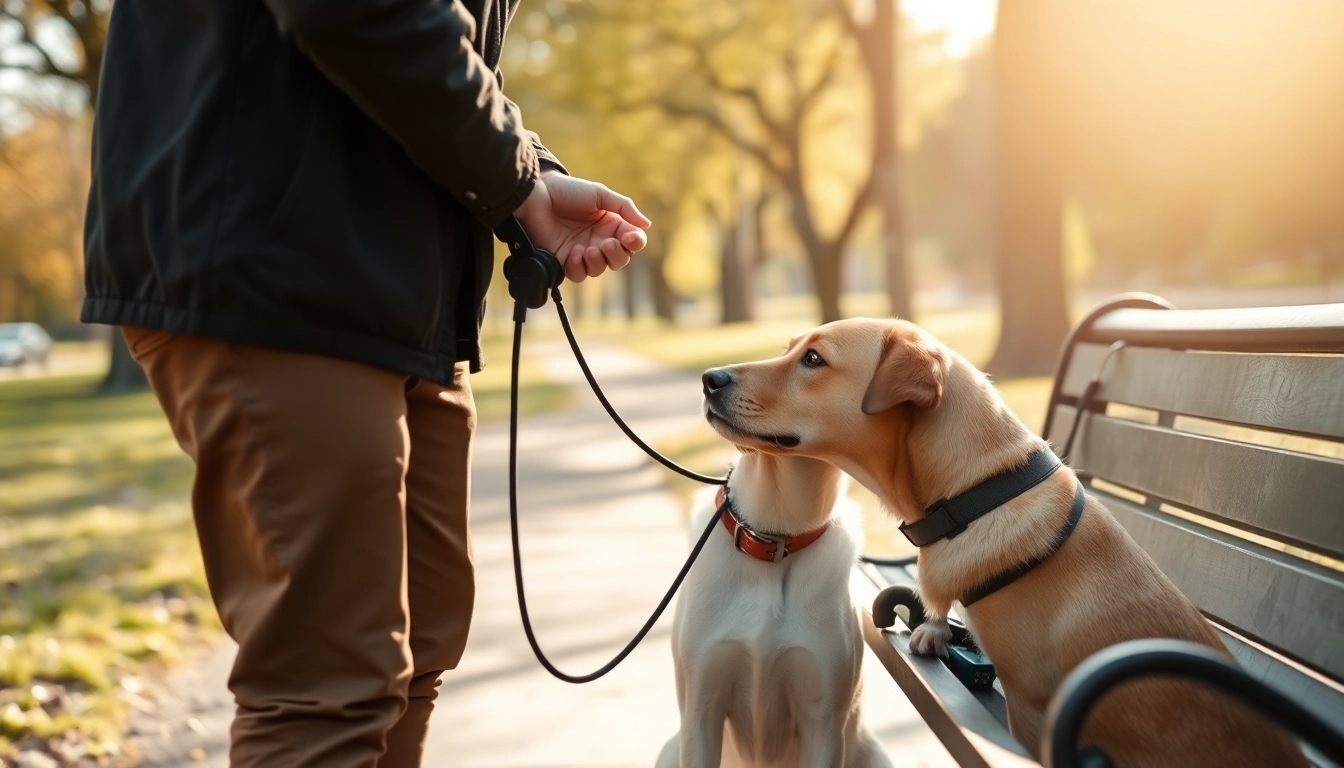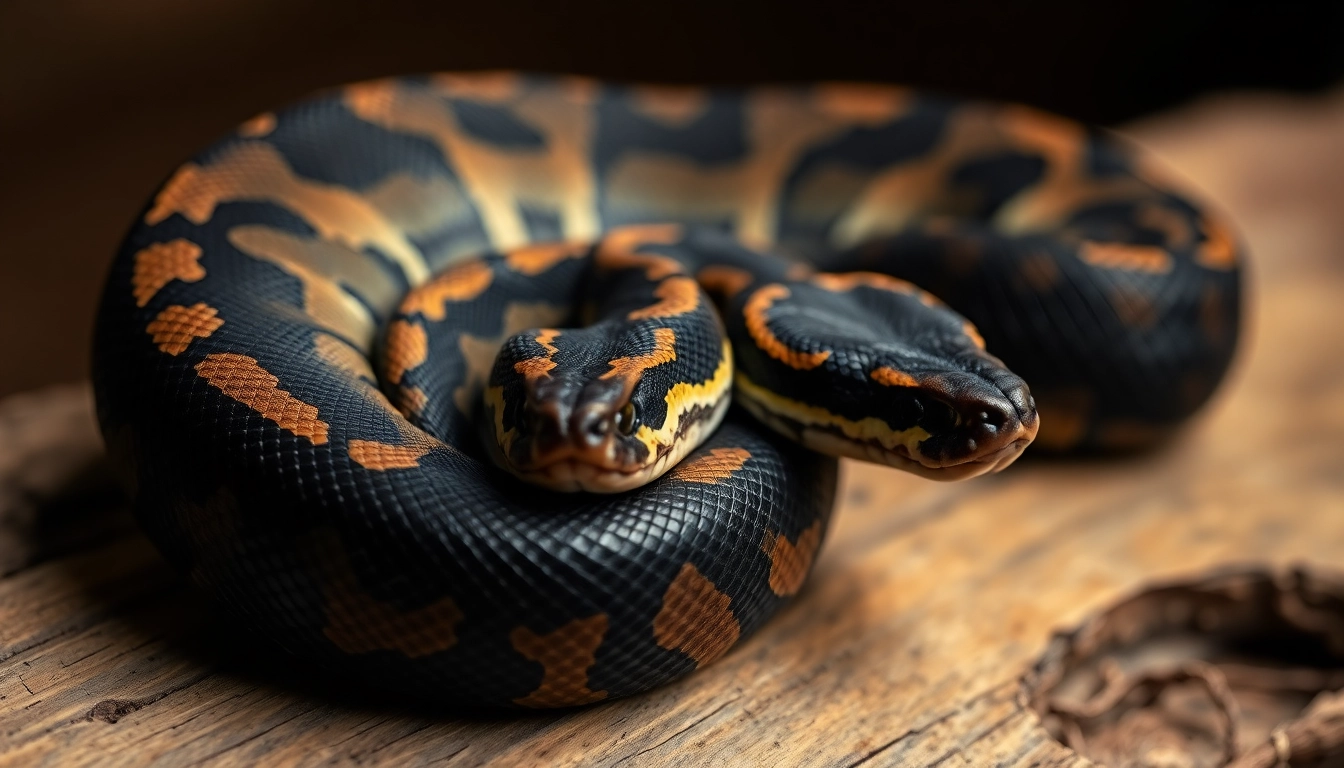Understanding Registered Bengal Breeders
If you’re considering adding a Bengal cat to your family, it’s crucial to find a Registered Bengal Breeder who prioritizes the health and temperament of their cats. In this comprehensive guide, we’ll delve into everything you need to know about registered breeders, from understanding the registration process to identifying reputable breeders and preparing for a new Bengal kitten.
What Makes a Breeder Registered?
A registered breeder is someone who has officially registered their cattery with credible organizations. In the case of Bengal cats, prominent registration bodies include The International Cat Association (TICA) and the Cat Fanciers’ Association (CFA). These organizations have strict guidelines that breeders must meet to obtain and maintain their registration status. This registration often requires adherence to various ethical standards concerning breeding practices, health testing of cats, and proper record-keeping.
Benefits of Choosing a Registered Bengal Breeder
Opting for a registered breeder comes with multiple benefits:
- Health Assurance: Registered breeders conduct health screenings for common genetic issues found in Bengal cats, such as hypertrophic cardiomyopathy (HCM), ensuring you get a healthy pet.
- Value of Transparency: They are typically transparent about their breeding practices and provide documentation of lineage and health records for their kittens.
- Support for New Owners: Registered breeders often provide support to new pet owners, offering guidance on caring for a Bengal cat, which can be especially helpful for first-time cat owners.
- Quality Over Quantity: Registered breeders focus on selective breeding, which typically yields healthier and well-socialized kittens compared to unregistered breeders.
Key Terms: TICA and CFA Explained
Understanding the regulatory environment is crucial for any prospective Bengal cat owner:
- TICA (The International Cat Association): TICA is one of the world’s largest cat registries and promotes the wellbeing and respect of cats through its breeding standards. They also provide information on cat shows and competitions.
- CFA (Cat Fanciers’ Association): Similar to TICA, CFA focuses on enhancing the welfare of cats and provides a registry of purebred cats, including standards for conformation to various breeds.
How to Identify a Reputable Bengal Breeder
Finding a trustworthy Bengal breeder can be a daunting task. However, having a checklist can help identify the right cattery for you:
Red Flags to Watch For
While inspecting potential breeders, keep these red flags in mind:
- Breeders who do not provide health records or refuse to share information about their breeding practices are places to avoid.
- High-pressure sales tactics can indicate a breeder more interested in profit than in the welfare of their animals.
- A lack of transparency in communication when discussing breeding history and genetic testing raises red flags.
Interviewing Potential Breeders
When interviewing breeders, ask them the following:
- How long have they been breeding Bengals?
- What motivated them to start breeding?
- Can they provide references from past customers?
- How many cats do they breed each year?
- What kind of socialization do their kittens receive?
Health and Genetic Testing: What to Ask
It’s vital to inquire about health and genetic testing:
- What tests have been conducted on the parent cats? Look for tests for HCM, progressive retinal atrophy (PRA), and other breed-specific diseases.
- Can you see the documentation of these tests to verify the results?
- What health guarantees do they provide for their kittens?
The Cost of Bengal Kittens from Registered Breeders
The price of Bengal kittens can vary significantly based on several factors. It’s essential to understand these dynamics to budget correctly and ensure you are investing in a healthy pet.
Understanding Price Ranges
Typically, Bengal kittens from registered breeders can cost anywhere from $1,500 to $3,000 or more. The variations often depend on the kitten’s lineage, rarity of the color or pattern, and the breeder’s reputation. High-quality bloodlines and superior health testing will result in higher prices.
Factors Affecting Costs
Several factors influence the costs of Bengal kittens:
- Breeder Reputation: Well-established breeders with a strong reputation usually charge more due to their track record of healthy, well-socialized kittens.
- Location: Breeders in areas with a high cost of living may charge more due to overhead expenses.
- Kittens’ Parentage: Kittens from champion lineage or those bred for show-quality standard typically command higher prices.
Investing in Health and Quality
Choosing a registered breeder may involve a higher initial investment, but this ensures that you are obtaining a kitten that has been bred for health and temperament. It also helps avoid unforeseen veterinary costs that can arise from purchasing a kitten of dubious origin.
Preparing to Adopt from a Registered Bengal Breeder
Once you’ve secured your Bengal kitten, preparation is crucial for providing a smooth transition into your home. This ensures that both you and your new pet can create a harmonious living environment.
Home Setup for Your New Bengal Kitten
Your home should be a safe haven for your kitten. Here are steps to consider:
- Create a Safe Space: Designate a quiet, secure area for your Bengal when they first arrive. This can help reduce anxiety while they acclimate to their new environment.
- Remove Hazards: Ensure that your home is free from items that could harm a curious kitten, including toxic plants, small objects, or open windows.
Getting Ready: Supplies and Essentials
Before you bring your kitty home, gather all necessary supplies:
- Food and water dishes that are sturdy and easy to clean.
- Appropriate kitten food, preferably a high-quality brand that meets the dietary needs of Bengal cats.
- A litter box and sufficient litter; consider a covered box for privacy.
- Packing toys, scratching posts, and comfortable bedding to enrich their living environment.
Introducing Your New Pet to the Family
Once your Bengal arrives, introducing them to family members should be a gradual process. Here are some tips:
- Allow your Bengal to explore their environment at their own pace.
- Introduce them to family members one at a time to minimize overwhelm.
- Supervise interactions with other pets to ensure a peaceful introduction.
Resources for Future Bengal Owners
As a prospective Bengal owner, you’ll find numerous resources available to support your journey.
Online Communities and Support Groups
Joining online communities, such as Facebook groups or Reddit threads, can provide invaluable knowledge and peer support as you raise your Bengal. These platforms allow you to share experiences, seek advice, and connect with other Bengal enthusiasts.
Further Reading: Books and Websites
Consider exploring additional resources such as books and reputable websites about Bengal care, genetics, and training. Knowledge is a powerful tool in ensuring a fulfilling life for your Bengal.
Connecting with Other Bengal Cat Owners
Engaging with other Bengal owners can lend invaluable insights. Shared experiences can offer tips and tricks specific to your cat’s needs, potential health concerns, and behavioral insights, fostering a community of knowledgeable cat lovers.











Leave a Reply